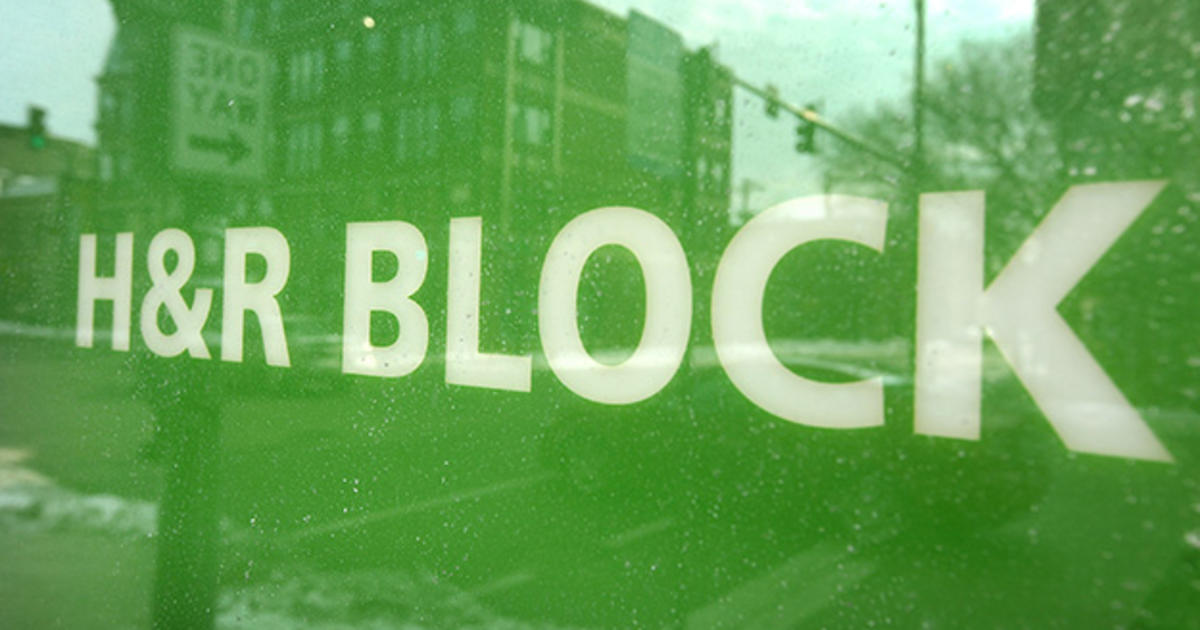Are you entitled to a pension you've left behind?
It's not every day you get good news from the IRS. But that's exactly what happened to Danny Jo Wright of Austin, Texas, when he applied for Social Security in 2013. In a letter from Social Security, the IRS informed him he was entitled to a pension from the drug company he had worked for years ago.
Wright had no idea the pension was coming to him, even though he thinks he deserved it. He had crisscrossed Texas for 12 and a half years selling products like Lysol to hospitals, schools, hotels and the University of Texas, and earned a reputation as a top salesperson.
But he moved on. And so did his company. His division was repeatedly sold and resold to other corporations.
The only one who remembered the pension was the IRS, because the company Wright worked for by law had to report on the plan -- including his name and Social Security number -- to the agency. The IRS wasn't interested in helping Wright acquire his pension. It just wanted its cut when he did collect.
Wright found this out when he called the IRS. He said he got the usual run-around. So, he called Social Security. Same thing. He then researched and found the myriad of companies that had bought his division. But none of them would own up to having any records on a Danny Jo Wright. They had lost track of him years ago.
"I spent hours on the phone in frustration and years getting nowhere," complained Wright.
He had joined a very sizable club. "We hear from people all the time who wonder if they're entitled to a pension from a previous employer," said Joellen Leavelle, outreach director of the Pension Rights Center (PRC) in Washington, D.C. "It's one of our top issues."
And it should come as no surprise. Despite the fact that more companies are migrating from traditional pensions to 401(k) and other defined-contribution plans, almost $22 trillion remains U.S. corporate pension plans. Some of it is getting lost, and thousands of retirees, like Wright, aren't reaping the benefits they deserve.
A lot of situations are close parallels to Wright's, in which companies promised employees a pension, and then were bought, sold, folded or declared bankruptcy. When this happens, and the employer terminates the plan, the company is supposed to report this to the Pension Benefit Guaranty Corp. (PBGC), a federal agency that maintains a registry of those eligible for pensions.
The last time the PBGC issued a statement on this subject in 2012, it had $300 million of unclaimed pensions. That might be just a fraction of what was never reported. According to the PBGC in an earlier statement, "Individual benefits range from $1 up to $611,028 and average about $4,950."
Don't expect the cash-strapped PBGC to help collect this money. In May, it said it was running out of funds and could itself be on the verge of bankruptcy.
But help is out there, said the PRC's Leavelle. Her group and the Pension Counseling and Information Program have developed resources to help people like Wright locate lost benefits in pension and defined-contribution plans. Begin by going on the Pension Help America website, part of the U.S. Administration on Aging. Fill out the questionnaire, and you'll be directed to a pension counseling and information project.
But here's the catch: Only 30 states have this limited grant. If you reside in one of the other 20 states, you'll have to do some investigating on your own.
Search your memory. Did any company you ever worked for have a pension plan? If so, how long do you recall working for that employer? You probably didn't qualify for a pension if it was less than one year. More than five years? You could be entitled. If you worked there for 10 years, then search whatever records you've retained.
You should have kept most of the documents you received from your company, said Leavelle. Unlike tax records, don't shred them after seven years. Theoretically, your company should notify you of your pension status each year, but "government requirements are minimal," she said. And most companies -- even those that have stayed in business for 30 years -- don't go above and beyond for ex-employees.
"Be sure to check in with human resources before you leave a company, and if you move to a new address, make sure they have your current contact information," she said. "Remember, it's all in the paperwork."
If you don't have your former employer's address, do a web search to find out what happened to the company. Then pick up the phone and hope someone else kept records.
Here are some helpful sources:
Pension Counseling and Information Program: Provides free legal assistance to those who need help with issues related to their retirement plans. While it serves residents of only 30 states, it can often guide those in the 20 others to helpful resources.
PRC Fact Sheet: Outlines the ways in which those entitled to a benefit from a retirement plan can ensure they claim that benefit at the proper time.
PRC Resource: Provides links to online resources to help employees during all phases of their careers. The section on switching jobs or retiring helps those unsure about how to find a retirement benefit from a previous employer.
PBGC booklet: Offers an overview on lost retirement benefits and guides you through the process of locating a lost plan.
Danny Jo Wright is one of the lucky ones. He was able to find an effective pension counselor, Robin Price of the South Central Pension Rights Project in St. Louis, Missouri. She endured many conference calls and waged war for him with various human resource staffers. Finally, this spring he learned that a German company that was the ultimate owner of the unit he had worked for, and it agreed to pay his pension of $780 a month.
"It's a nice deal," said Wright. "But then again, I earned it!"



